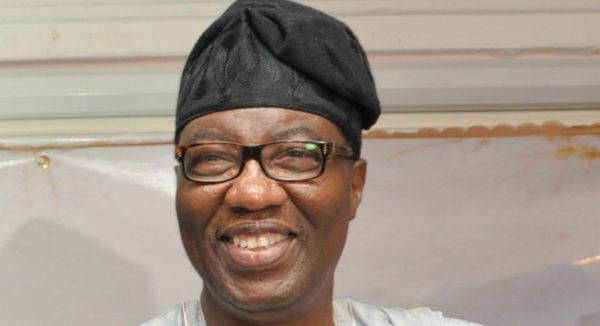- Senator Gbenga Daniel urges Nigerians to re-engage in farming, emphasizing the importance of revitalizing agriculture for economic growth
- Daniel sponsors a training program for rice farmers, distributing free seedlings and fertilizers to over 100 participants in Ogun State
Senator Gbenga Daniel, representing Ogun East, has encouraged Nigerians to re-engage in farming to meet local consumption needs and boost the country’s economy. Speaking at the flag-off of a training program for rice farmers, sponsored by the Senator in collaboration with the National Productivity Centre, Daniel emphasized the importance of revitalizing agriculture, which was once the backbone of Nigeria’s economy before the focus shifted to oil.
The training program, themed “Promotion of rice value chain for self-sufficiency and import substitution in Remo Communities, Ogun State,” included the distribution of free rice seedlings and fertilizers to over 100 participants. Senator Daniel highlighted Nigeria’s significant potential in rice cultivation and production, urging citizens to not only meet local consumption but also contribute to foreign exchange earnings for the country.
The Senator expressed his commitment to bringing governance closer to his constituents and deepening the dividends of democracy through initiatives like the rice farming training program. He called on Nigerians to support the government’s efforts in addressing the challenges facing the country.
In his address, Senator Daniel stated, “It is time to return to farming. This program is meant to empower our people without fear or favor. We expect you to plant these seedlings and become successful rice farmers. Let us begin to grow rice and make Nigeria become one of the rice-producing countries in the world.”
The Director-General of the National Productivity Centre, Dr. Nasir Raji-Mustapha, referred to rice production as the “new oil” for the nation’s economy. He commended Senator Daniel for aligning with the federal government’s agenda of improving food sufficiency and availability. The NPC boss encouraged participants to leverage the training to contribute to Nigeria’s rice production and become a hub for rice cultivation.
